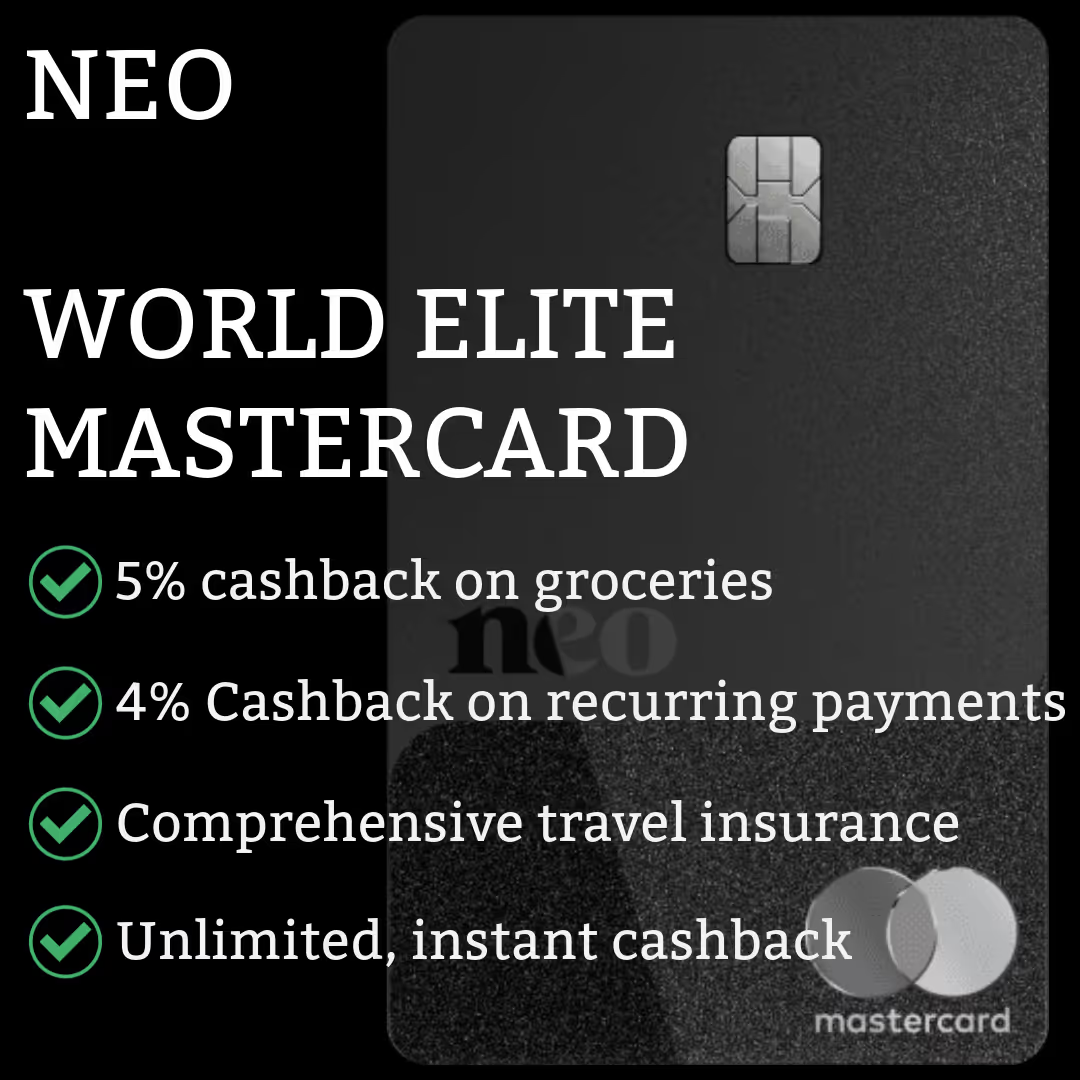This article will provide a comprehensive analysis of Costco, looking at its recent performance, key financial metrics, growth prospects, and potential rise.
Costco Wholesale Corporation (NASDAQ: COST) has long been a favorite among investors, thanks to its robust business model, loyal customer base, and consistent performance.
As one of the largest retailers in the world, Costco operates a unique membership-based business model that has proven resilient even in challenging economic environments. But with a rapidly changing retail landscape, rising inflation, and increasing competition, many investors are wondering if Costco stock remains a solid investment.
Costco's Business Model: A Competitive Edge
Costco’s business model is centered around membership-based warehouse clubs, where customers pay an annual fee to access bulk products at discounted prices. This model creates a recurring revenue stream through membership fees, which accounted for approximately $4.2 billion of Costco's revenue in the most recent fiscal year.
The membership model also fosters customer loyalty and drives frequent store visits, leading to higher sales volumes.
Key aspects of Costco’s competitive advantage include:
- Low Prices: By offering products in bulk and maintaining low operating costs, Costco can provide significant discounts compared to traditional retailers. This value proposition appeals to price-sensitive consumers, particularly in times of economic uncertainty.
- High-Quality Private Label: Costco’s private label brand, Kirkland Signature, is known for its high quality and affordability. Kirkland products often have higher margins than national brands, contributing positively to Costco’s profitability.
- Membership Model: The annual membership fees create a steady stream of income, which helps offset operating expenses and allows Costco to maintain its low-price strategy. The high renewal rate of over 90% indicates strong customer satisfaction and loyalty.
- Efficient Supply Chain: Costco’s streamlined supply chain and inventory management reduce costs and improve efficiency. The company’s ability to quickly adapt to changes in demand and supply chain disruptions has been a critical factor in maintaining its competitive edge.

Recent Stock Performance
Costco’s stock has shown impressive performance over the past few years, consistently outperforming the broader market and its retail sector peers. As of the latest trading session, Costco’s stock price year-to-date has increased by 38.72%. The stock has gained significant attention from investors due to its resilience during economic downturns and strong growth prospects.
Costco’s most recent quarterly earnings report showed a revenue increase of 1% year-over-year, reaching $79.07 Billion.
Net income also saw a substantial rise, with earnings per share (EPS) reported at 5.15, surpassing analysts’ expectations.
The company’s strong performance can be attributed to increased store traffic, higher membership renewals, and growth in online sales.
Key Financial Metrics
- Earnings Per Share (EPS): Costco’s EPS has been consistently growing, currently standing at 5.15. The steady increase in earnings demonstrates the company’s ability to generate profit and manage costs effectively.
- Price-to-Earnings (P/E) Ratio: Costco’s P/E ratio is currently at 53.70, which is higher than the industry average. This suggests that investors are willing to pay a premium for Costco’s stock due to its strong brand, consistent earnings growth, and stable business model.
- Dividend Yield: While Costco is not known for its high dividend yield, it does offer a modest yield of 0.52% and has a history of regularly increasing its dividend. The company’s focus on shareholder returns is also evident through special dividends paid in the past.
- Same-Store Sales Growth: Same-store sales growth is a key indicator of a retailer’s health, and Costco has consistently delivered positive same-store sales growth. In the latest quarter, same-store sales increased by 9.1% to $57.39 billion driven by higher customer traffic and average ticket size.
- Free Cash Flow (FCF): Costco’s ability to generate strong free cash flow is crucial for funding expansion, paying dividends, and repurchasing shares. The company’s FCF stands at $570 Million, reflecting efficient cash management and operational strength.
Growth Prospects
- Expansion Plans: Costco continues to expand its footprint, with plans to open new warehouses both in the U.S. and internationally. The company opened 23 new stores in the last fiscal year and has plans for further expansion. International markets, including Canada, Japan, and China, offer significant growth opportunities due to increasing demand for bulk shopping and membership-based retail.
Here is Costco's expansion plans new stores for 2024.
- E-commerce Growth: While Costco has traditionally focused on its brick-and-mortar operations, it has been investing in e-commerce to meet changing consumer preferences. Online sales have been growing rapidly, with a year-over-year increase of 18.94% in the latest quarter. Costco’s investment in e-commerce infrastructure, including same-day delivery and improved website functionality, positions it well to capture a larger share of the online retail market.
- Membership Growth: Membership growth is a key driver of Costco’s revenue, and the company continues to attract new members. With over 71 million members worldwide, Costco’s ability to retain and grow its membership base is a critical factor in its long-term success.
The introduction of new membership tiers and benefits could further enhance member value and drive growth.
Number of paid Costco membership.
- Private Label Expansion: The success of the Kirkland Signature brand provides an opportunity for further expansion into new product categories.
By introducing more private-label products, Costco can increase margins and differentiate itself from competitors.
Risks and Challenges
- Economic Sensitivity: While Costco’s value proposition appeals to consumers during economic downturns, prolonged economic uncertainty or recession could impact consumer spending and, subsequently, Costco’s sales. High inflation rates could also erode purchasing power and affect customer spending behavior.
- Competition: The retail industry is highly competitive, with major players like Walmart, Amazon, and Target vying for market share. Costco’s ability to maintain its low-cost structure and differentiate itself from competitors will be crucial in sustaining its competitive advantage.
- Supply Chain Disruptions: Global supply chain disruptions, labor shortages, and rising transportation costs pose challenges for Costco’s operations. Managing these issues effectively will be essential to maintaining product availability and cost efficiency.
- Regulatory and Compliance Risks: As a multinational corporation, Costco faces regulatory and compliance risks in different countries. Adhering to local laws, tax regulations, and labor standards is critical for avoiding legal issues and maintaining a positive reputation.
Conclusion
Costco’s strong business model, consistent financial performance, and growth prospects make it a compelling investment choice for both growth and income-oriented investors. The company’s ability to adapt to changing market conditions, expand its global footprint, and invest in digital transformation bodes well for its future growth.
However, potential investors should consider the risks associated with economic uncertainty, competition, and supply chain challenges. Costco’s relatively high P/E ratio indicates that the market has already priced in a lot of optimism, so investors should be prepared for potential volatility.
For those looking to invest in a stable, well-managed retailer with a proven track record of success, Costco stock offers an attractive opportunity. As always, it’s important to conduct thorough research, consider your investment goals, and consult with a financial advisor to determine if Costco fits into your overall investment strategy.









